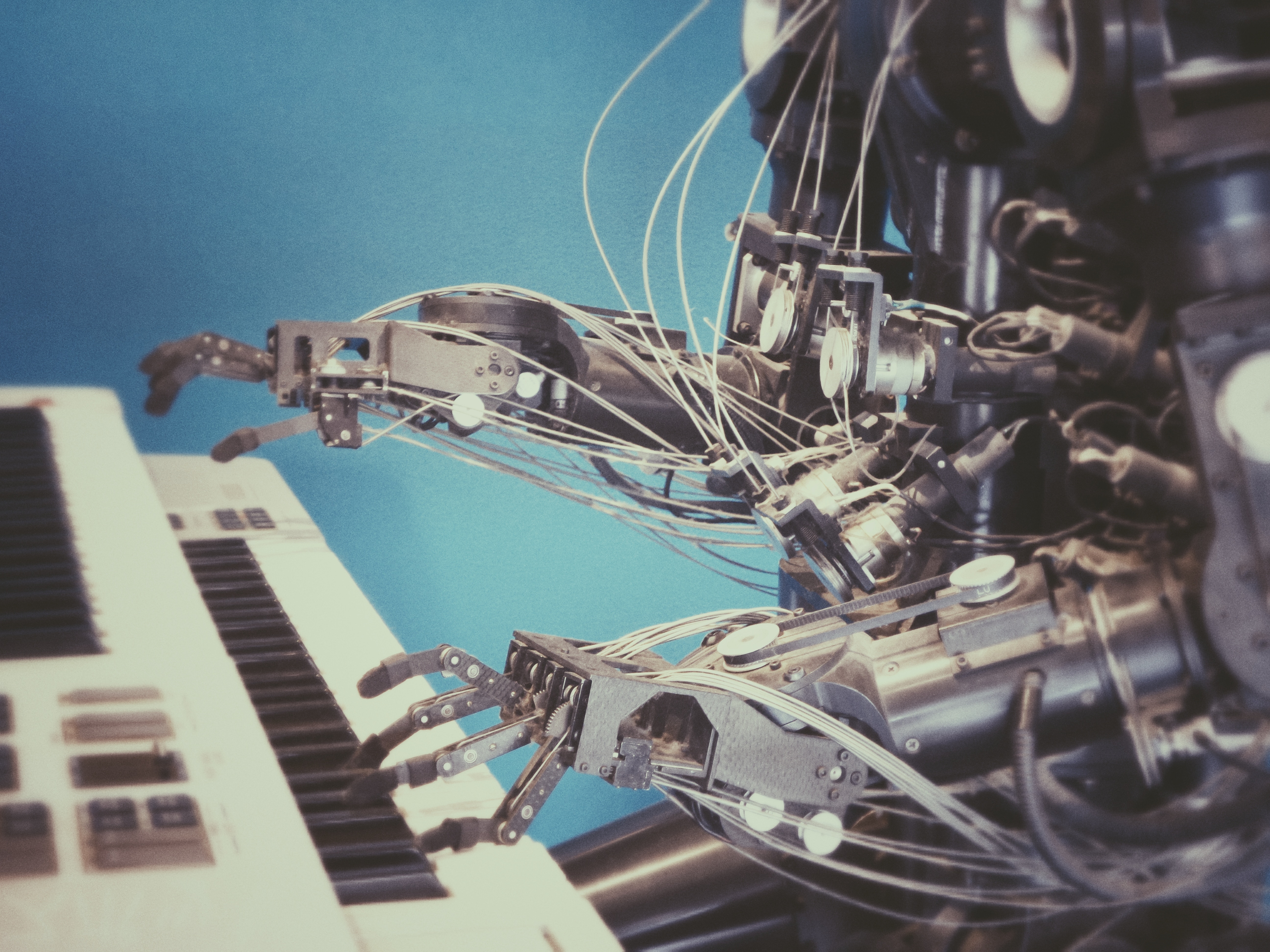
Rapid advances in machine learning systems have seen artificial intelligence (AI) enter everyday usage, with development of applications across fields including healthcare, transportation, and finance expected over the coming decades. The societal and economic opportunities that follow these advances are significant, and nations are grappling with how artificial intelligence might best serve society. Our publications explore the impact of AI and the changing opportunities and challenges associated with its development.

Information Technology Innovation: Resurgence, Confluence, and Continuing Impact
Information technology (IT) is widely understood to be the enabling technology of the 21st century. IT has transformed, and continues to transform, all aspects of our lives: commerce and finance, education, energy, health care, manufacturing, government, national security, transportation, …[more]

Implications of Artificial Intelligence for Cybersecurity: Proceedings of a Workshop
In recent years, interest and progress in the area of artificial intelligence (AI) and machine learning (ML) have boomed, with new applications vigorously pursued across many sectors. At the same time, the computing and communications technologies on which we have come to rely present serious …[more]

In an increasingly interconnected world, perhaps it should come as no surprise that international collaboration in science and technology research is growing at a remarkable rate. As science and technology capabilities grow around the world, U.S.-based organizations are finding that …[more]

Privacy and Security in the 21st Century: Who Knows and Who Controls?: Proceedings of a Forum
New technologies and capabilities, such as Google Cloud and artificial intelligence, are changing the world at an unprecedented rate. A transition to cloud computing offers a variety of benefits, including worldwide access and faster networks. This digital transformation also presents an array …[more]

The Intelligence Community Studies Board (ICSB) of the National Academies of Sciences, Engineering, and Medicine convened a workshop on December 11–12, 2018, in Berkeley, California, to discuss robust machine learning algorithms and systems for the detection and mitigation of adversarial …[more]

Artificial Intelligence: An International Dialogue: Proceedings of a Workshop–in Brief
On May 24, 2019 the National Academies of Sciences, Engineering and Medicine, in partnership with the Royal Society, held a symposium entitled Artificial Intelligence: An International Dialogue in Washington, DC. The symposium addressed if and how artificial intelligence (AI) would benefit from …[more]

On October 24, 2018, the National Academies of Sciences, Engineering, and Medicine held a workshop titled Artificial Intel¬ligence Applications for Older Adults and People with Disabilities: Balancing Safety and Autonomy. This workshop examined the state of the art and knowledge about …[more]

The big data revolution, accompanied by the development and deployment of wearable medical devices and mobile health applications, has enabled the biomedical community to apply artificial intelligence (AI) and machine learning algorithms to vast amounts of data. This shift has created new …[more]

Artificial intelligence (AI) is a technological invention that promises to transform everyday life and the world. Investment and enthusiasm for AI—or the ability of machines to carry out “smart” tasks—are driven largely by advancements in the subfield of machine learning. Machine …[more]

The Frontiers of Machine Learning: 2017 Raymond and Beverly Sackler U.S.-U.K. Scientific Forum
The field of machine learning continues to advance at a rapid pace owing to increased computing power, better algorithms and tools, and greater availability of data. Machine learning is now being used in a range of applications, including transportation and developing automated vehicles, …[more]





